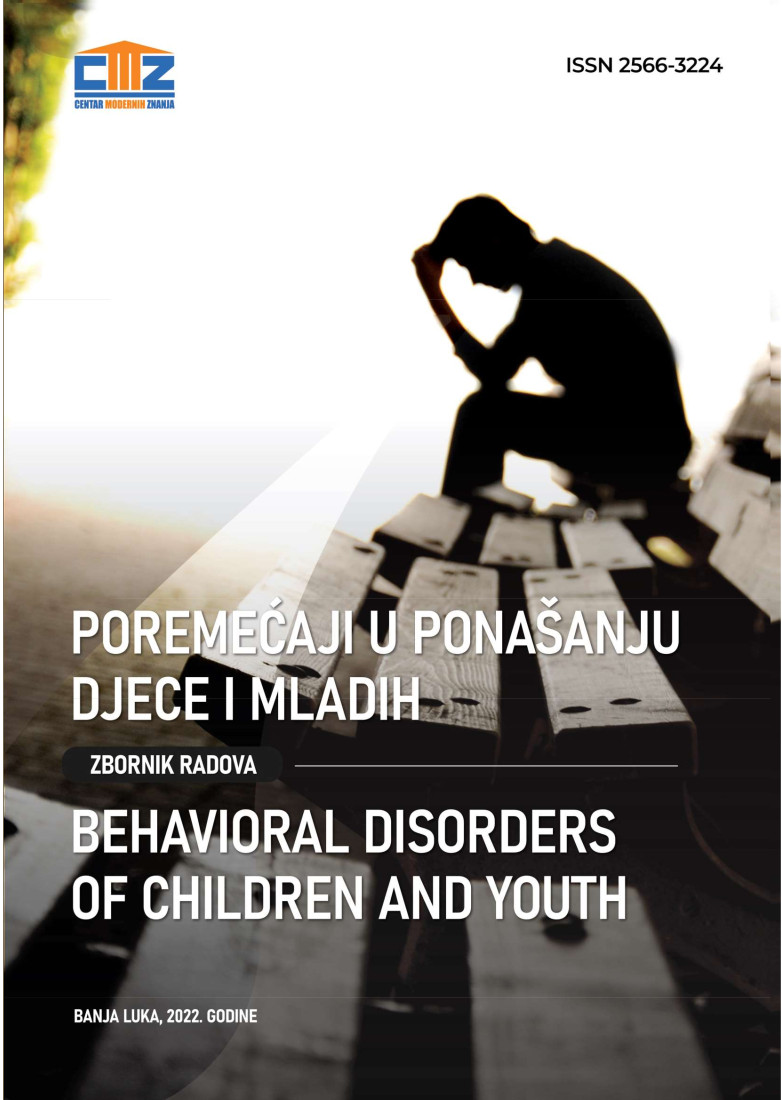KRIZA IDENTITETA MLADIH, ANARHIZAM I ODBOJNA ULOGA RADA
IDENTITY CRISIS OF THE YOUNG, ANARCHISM AND THE REPULSIVE ROLE OF WORK
Author(s): Zlatko MilišaSubject(s): Sociology of Culture, Social Norms / Social Control, Identity of Collectives
Published by: CENTAR MODERNIH ZNANJA
Keywords: anarchism; identity; the skeptical generation; values; work;
Summary/Abstract: Today's adolescents, like never before, are characterized by confusion of identity and societal role, which creates an identity crisis, and this needs to be linked to the preferences of the younger generation. Values are the guiding, initiating and regulatory factor in the education of children and the young, and the emergence of a skeptical generation generates a crisis of upbringing. It follows from this that the young are living in a society of crisis and (social) risks that they did not themselves create but are the victims of. The neglect of the needs of children and the young creates a boomerang generation that devalues any kind of authority by rebellion. Anarchism has as a goal to eliminate all kinds of domination of (external) authority. In the paper the connection between the identity crisis of the young and the anarchist paradigm of the relation towards work is analyzed. The repulsive role of work potentially leads to states of conflict in the psychosocial equilibrium of the identity crisis. Anarchists are offering the concept of the abandonment of the state and authority in general, which has long-term socio-pedagogical consequences. Content analysis leads us to realize that the paradox of contemporary society manifests itself in the demand that the young be loyal to the principles of work ethics (tenacity, thriftiness, material independence, and self-sufficiency), whereas they are always on the margins of society. It is concluded that today's boomerang and skeptical generation is the consequence of such a social state, whereas the confusion of demands or roles has already in earlier periods caused a reaction recognizable by anarchistic rebellion and the denial of all authority and institutions. It follows from this that the fermented discontent of the young/cheated generation has a potential to lead to renewed social unrest in Europe, which leads to potentially even riskier forms of destruction in the younger generation.
Journal: DRUŠTVENE DEVIJACIJE
- Issue Year: VII/2022
- Issue No: 7
- Page Range: 13-20
- Page Count: 8
- Language: Bosnian, Croatian

